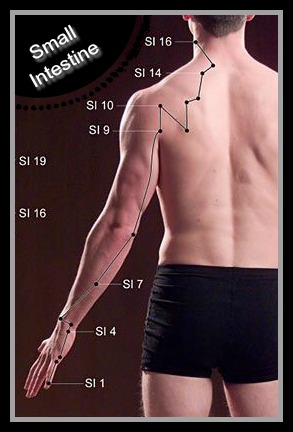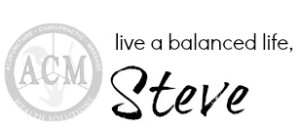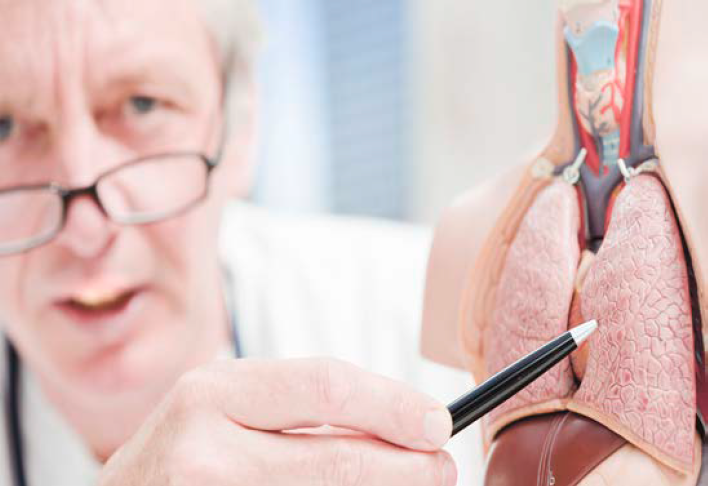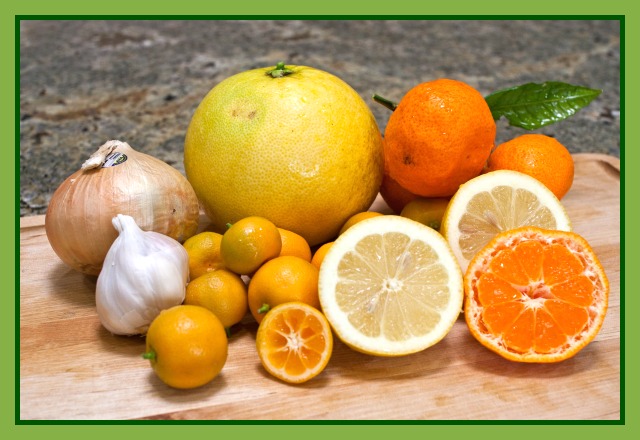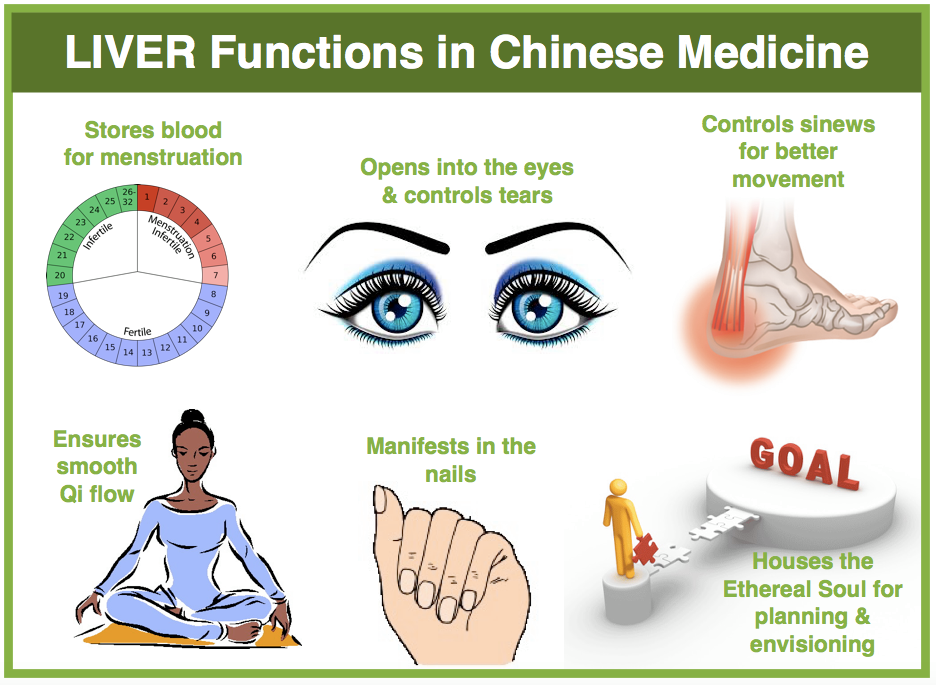-
Book Online Now - Acupuncture Solutions3900 Pebblecreek Ct #101
Plano, TX 75023972-612-4900 - 6501 Wesley St #A-1
Greenville, TX 75402903-213-3679 Learn more about…
#autumn #balance #behappy #fall #familytime #germs #healthlyliving #healthyskin #immunesystem #organs #psoriasis #seasons #sunscreen #thinkpositive acupressure acupuncture allergies anxiety coronavirus covid-19 depression diet digestion energy exercise headaches health heart herbs kidneys liver lungs meditation migraines nutrition pain pms qi sleep spring stress summer tcm Traditional Chinese Medicine winter
Uncategorized
Acupuncture and your Small Intestine
How’s Your Digestion?
The small intestine is part of the gastrointestinal tract. Up to 90 percent of the digestion and absorption of food occurs in the small intestine and its main function is the absorption of minerals and nutrients from the food we ingest. It is comprised of three separate parts, the duodenum, the jejunum and the ileum. The small intestine measures upwards of six to seven meters long and it has a surface area of over 200 meters. But in the Traditional Chinese Medical system, the small intestine is much more than just its physical traits.
TCM pairs energetic meridians so that they form a complete circuit. There is always a yang meridian and a yin meridian. The small intestine meridian is paired with the heart meridian. Imbalances in the small intestine meridian can lead to problems such as abdominal pain, digestion issues and also appetite problems like overeating or poor appetite. The small intestine meridian starts at the outer tip of the pinky finger and runs up the arm, over the scapula of the shoulder, up the neck and ends in front of the ear. The meridian pathway allows for it to be useful in treating not just intestinal and abdominal issues, but also things like earaches, TMJ, shoulder pain and neck pain.
The small intestine is the controller of the reception, transformation and separation of solids and fluids. It receives food and fluids from the stomach and then transforms them by separating the pure from the impure. The pure essence is dispersed throughout the body and the impurities are flushed into the large intestine for eventual removal from the body.
Since the small intestine is paired with the heart, it should be noted both meridians belong to the movement of fire. The heart meridian expresses movement upwards, while the small intestine meridian expresses movement downwards. And when considering this pairing logically, it makes sense. When we are experiencing heartache or stress (associated with the heart meridian), most of us then have an upset gastrointestinal tract, pain in the abdomen, vomiting, nausea or even a lack of appetite.
The small intestine meridian is particularly sensitive to cold. Therefore eating lots of cold, raw foods can actually lead to problems in the small intestine. When excess cold invades the small intestine, there may be pain around the navel, watery diarrhea or loose stools, frequent clear urination and loud gurgling sounds in the abdomen.
In TCM, the small intestine plays both a physical and a mental role. The mental role of the small intestine is to separate the clear thoughts from the turbid ones. This is another way the small intestine is connected to the heart in TCM. The heart houses the mind and is in charge of all of our mental health. Clear judgement depends on the ability of the small intestine to separate the pure from the impure. When there is dysfunction in the small intestine, then there may also be dysfunction in the mind.
While the small intestine may not seem as important as the heart or the kidneys, it is still an integral part of our body and as such, it should be taken care of equally as well. If you experience any abdominal or emotional issues, turning to a licensed acupuncturist may be a good start. But most of all, take good care of your gastrointestinal health and your body will respond favorably.
Foods to Increase Intestinal Absorption
The intestines are an extremely important organ and they should never be overlooked. You should make sure to feed your intestines with food that will increase intestinal absorption, by doing so you will help out your whole body. Foods that increase intestinal absorption range from fermented foods to pre-biotic containing foods.
Let’s start with the fermented foods. Fermented foods such as kimchi, sauerkraut and pickles can work together to help keep that gut balanced. If you are in-taking foods such as these you are guaranteed to see an increase in intestinal absorption. The bacteria in fermented foods work together with your gut to help break down foods.
Pre-biotic foods are also important to the digestive tract. Keep your intestines happy by making sure to load up on pre-biotic foods such as seeds, flax, oats and potatoes. All of these foods encourage the growth of necessary and healthy microbes within your digestive tract.
Research Update: Acupuncture & Lung Cancer
Acupuncture – Another Tool in the fight against Cancer
In a study conducted and published by the National Center for Biotechnology Information and in conjunction with the National Institute for Health, patients suffering from lung cancer showed improvements in several areas after being treated with acupuncture.
Pain was decreased, appetite increased, nausea and nervousness decreased, and overall, the patients well-being was improved. The study showed that 61 percent of patients reported less pain and 33 percent of the patients reported an increase in their total well-being. Those participants who received more acupuncture treatments reported that their well-being was positively affected and it was determined that a minimum of six acupuncture treatments were required for a 70 percent chance of clinical improvements regarding the overall well-being.
Lung cancer is the leading form of cancer in the United States, according to the American Lung Association. As with most forms of cancer, lung cancer is non-discriminatory in nature and can affect anybody, at any age. However, it is more prevalent in smokers, those exposed to secondhand smoke and people who have asbestos poisoning. Most lung cancer patients have multiple symptoms, including pain, fatigue, depression, difficulty breathing and anxiety. Acupuncture and Traditional Chinese Medicine can be very useful tools in treating the symptoms of lung cancer, as well as decreasing the side effects of radiation and chemotherapy.
Every single person on the planet has cancer cells in their body. Those cancer cells only proliferate or duplicate when there is the perfect storm of conditions in the body, such as:
- decreased immunity
- prolonged stress and anxiety
- improper dietary habits
When the body is balanced, the immune system attacks and destroys renegade cancer cells before they can become malignant. But an unbalanced immune system, will often fail to defend the body from the cancer cells.
TCM and specifically, acupuncture, has shown great promise in helping lung cancer patients deal with the many symptoms they encounter. One of the most important ways regular acupuncture treatments can help lung cancer patients, is by boosting the immune system. The acupuncture needles are homeopathic in nature, but when they puncture the skin, the needles are perceived as an enemy by the body. This causes the body to send an immune-mediated response to the area, which in effect, retrains the body’s immune system to attack the intruders. The needles can be placed near or around the area of the cancerous tumor, which allows the defensive action of the immune system to be channeled to the cancer site itself.
Acupuncture can also be very effective at treating the other common symptoms of lung cancer. Symptoms like fatigue, depression and anxiety, can be managed with multiple acupuncture treatments that balance hormones in the body. When these are decreased, the immune system and the overall body will become stronger.
As with any form of cancer, having the proper diagnosis and treatments are essential. But adding complementary therapies, such as acupuncture, can increase the probability of success at defeating the disease.
Relief for IBS
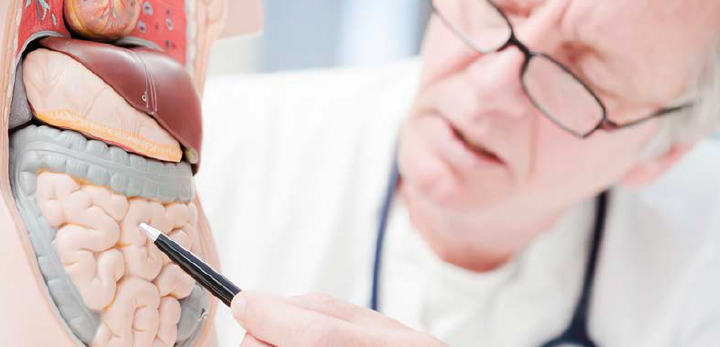 Summer Heat have you and your body Irritated?
Summer Heat have you and your body Irritated?
Irritable Bowel Syndrome, otherwise known as “spastic colon,” is a common disorder that affects the colon and causes many disruptive symptoms. Many of these symptoms can be managed with a simple change in diet and lifestyle. Chinese herbal medicine and acupuncture may be able to help.
IBS symptoms may include gas, bloating, alternating constipation and diarrhea, pain, mucus, an uncomfortably full feeling and abdominal cramping. Most of these symptoms develop over time, and there is no structural or anatomical change that can be detected as cause. Doctors are unsure of the origin, though stress and diet are said to be triggers of distressing symptoms. Women suffer from IBS more frequently than men.
One of the most common diagnosis of IBS in Traditional Chinese Medicine is what is known as a “liver-spleen disharmony” due to stress. Normally, the liver is in charge of the free flow of energy (or vital force), blood and oxygen to the spleen and stomach, the organs who do their job of digesting food by transporting and transforming food and descending energy downward. When the liver energy becomes stagnant through emotions such as stress, frustration, anger, moodiness and tightness in the body (the liver is sensitive to these emotions), this encumbers proper digestion and what can result is acid, belching, nausea, abdominal distention and bloating. Diarrhea or constipation can occur or irregular bowel movements. Other common symptoms of stagnant liver energy are PMS, cramping with clots and irregular menses. Easing stress would be the most important aspect of the treatment plan to get to the root of the issue.
Another common cause of IBS is food sensitivity. Eliminating trigger foods has been shown to help symptoms tremendously. Here are some things to consider eliminating:
Too many cold, raw vegetables: Eating too many cold, raw vegetables dampens the digestive fire and leads to malabsorption. Cook vegetables instead and eat them warm.
Cruciferous vegetables and legumes: These are healthy but can cause gas and bloating in sensitive individuals.
Dairy: Lactose intolerance can lead to digestive ailments. If you aren’t sure, try eliminating dairy such as milk, yogurt and cheese.
Eating fast, while angry or hurried: When you eat or drink quickly, you might be inhaling too much air and eating too much. Eat slowly and mindfully.
Other triggers: Sensitivities might include chocolate, carbonated drinks, artificial sweeteners, caffeine, greasy food or processed food. Hormonal changes could also be a factor in increased IBS symptoms.
How to know for sure? It is best not to self-diagnose symptoms, so see your medical provider to see if you have IBS and not something more serious. Your Chinese medical practitioner can help you by diagnosing the symptoms according to a more eastern perspective, administering acupuncture and perhaps prescribing an herbal formula, and adjusting your diet to eliminate triggers that are irritating for your particular constitution.
Some remedies for IBS include; acupuncture to improve flow in the abdomen and ease stress, herbs, increasing fiber (gradually, or it could worsen symptoms), massaging the abdomen (9x clockwise, 9x counter-clockwise), exercise to move things around such as tai qi or qigong, and probiotics to increase good bacteria in the stomach. Peppermint, magnesium, and chamomile can soothe and ease symptoms.
The Many Dimensions of the Heart
 The Heart – the Universal Energy of Summer
The Heart – the Universal Energy of Summer
The heart is an energetic system we often treat in Traditional Chinese Medicine. According to Chinese Medicine theory, there are many systems of energy within the body. Each of these systems corresponds to certain physiological and psychological functions. So when we talk about the heart, the lungs, the liver. However, when we are speaking about Chinese Medicine organs, we are not talking about the physical organ sitting in your body, but rather the energetic manifestations of a particular system in the physical, mental, emotional and spiritual realms.
The heart is an incredibly important energy system in Chinese medicine, often said to be the emperor of all the other energy systems. It is related to the fire element, which is the universal energy of summer.
On a physical level, the heart is responsible for pumping blood through our body, just as it is in allopathic medicine. It controls the health and vitality of the blood vessels, and also controls sweating, the tongue and speech. But perhaps the most important role of the heart in Chinese medicine is that it houses the Shen, or spirit.
The Shen in Chinese Medicine is referred to as one of the three treasures of the body, and it encompasses consciousness, the emotions, mental acuity and thought, as well as the ability to process incoming sensory information. Each organ system in Chinese medicine is related to one aspect of the spirit (such as intellect, willpower or instinct) – but the Shen is the most important, as it governs all the other aspects. Prolonged emotional upheaval, mental illness, personality disorders, emotional imbalance, processing disorders and sensory disorders all are manifestations of a disturbed, ungrounded or weakened Shen.
The emotion associated with the heart is joy. This means that joy nourishes the heart, but excessive joy (ie, mania) is a symptom of an imbalance in this system.
The heart is all about the very act of being alive – from the physical heart beating in our chest, to the flow of blood through our veins, to our mental ability to stay present and focused, and our emotional selves being whole and complete. It is the energy of summertime – abundant, hot and lively.
Nourish the Heart through Food
The color associated with the heart is red, and the heart is nourished through red foods, such as cherries, strawberries and kidney beans. Being closely associated with the blood, it is also nourished by blood-tonifying foods such as organ meats, lean red meat and dark leafy greens. The heart is closely tied to appreciation of beauty and aesthetics, so the heart system is also nourished by food for which care has been given to present artfully, with beauty and grace, and a wide array of colors on one plate. Again, the heart is associated with summertime, so think of the abundance of fruits and vegetables available that time of year, and try to reflect that energy in your food choices.
Nourish the Heart through your habits
The heart is nourished through activities that bring you cheer and joy. Nourishing the heart is about celebrating that which you love in the world – people, places and ideals. As the heart governs our relationships with other human beings, it is nurtured by feeling connected to those that we love. Reach out to friends and family, forge new bridges and strengthen lasting bonds. The heart is also nourished through beauty – take time to appreciate the beauty of your natural surroundings, as well as music, poetry, art and dance. Lastly, the heart is nurtured by ritual. This can be a long-standing religious or cultural ritual, or one that you create for yourself. Some examples of heart-healthy rituals include writing down five things you are grateful for each night, incorporating some sort of gentle exercise during each morning, practicing 10 minutes of sitting meditation each day, or grab a coloring book and start coloring!
Foods to Improve Heart Health
Wonder how you can help your heart stay in balance? Well, what you put into your body goes a long way in determining how balanced you are. Check out some of these foods you should consume in order to promote good heart health.
Red foods have been shown to help the heart biochemically; foods such as hawthorn berries, strawberries, cherries, raspberries, tomatoes, watermelon, peppers and goji berries keep your heart happy with lycopene and anthocyanin, antioxidants and beneficial vitamins.
Other helpful foods include garlic, cayenne, cilantro, basil, magnesium (found in leafy greens, nuts and soy) and green tea. Also try ginseng, jujube dates, reishi mushrooms, dong quai, seaweed and schizandra berries.
Orange vegetables like carrots have carotenoids and lutein, powerful phytonutrients. And oranges, the fruit, can help decrease your risk of heart disease.
Liver Tune-Up
In Traditional Chinese Medicine, each season is ruled by a particular organ system and spring is connected to the liver. What does this mean? Well, you probably notice changes in the way you feel, both physically and mentally, as the seasons change. I know I tend to feel a bit more contemplative and introspective during the winter months. Once spring hits, I’m ready to recharge and get things done. The liver energy is strong and assertive, the type of energy you need to create plans and then propel them into motion. However, if your liver is a little out of balance, you might notice you are more irritable or on edge than usual. Here are a few signs that your liver is in need of an acupuncture tune-up:
1. You’ve noticed an increase in headaches lately, and these headaches seem to feel worse when you aren’t active. Generally these headaches tend to manifest at the vertex of your head.
2. You might begin to feel constipated or bloated. Your bowel movements might become irregular, alternating between constipation and loose stools. Hard, difficult stools that appear pebbly are also a sign of liver imbalance.
3. Your friends or coworkers are scared of you, because you are cranky, cranky, cranky. When liver energy is out of balance you might feel agitated, irritated and generally out of sorts. Sometimes irritation can expand into outright anger more easily than it would if this energy was flowing smoothly.
4. Ladies, you may notice your PMS symptoms have been worse lately. Bloating, breast tenderness, sensitivity…you can blame all of the above on your liver. If your periods are more painful or clotted, this is also due to a stagnation of liver energy.
5. Your eyes are red, itchy or irritated.
6. Your shoulders, neck or jaw are uncomfortably tight. If the liver energy is out of balance, it can flow upward. This causes everything in your body to rise up: you might grind or clench your teeth, your shoulders will levitate up around your ears, and you might experience symptoms of TMJ.
7. Your allergies are in full force, complete with itchy, red, watery eyes.
If you are suffering from any of these issues, your body is crying out for help! Here are a few dietary tips to help:
- Eat simply and lightly, pay particular attention to posture and tension during and after eating.
- Eat a diet that is rich in vegetables and moderate in fruits which will help resolve stagnation.
- Bitter foods will help resolve stagnation affecting the Liver and Stomach.
- Moderate amounts of the pungent flavor will help to stimulate the system out of stagnation. Onions and citrus peel are good for this purpose.
A trip to your Acupuncturist is also in order!
